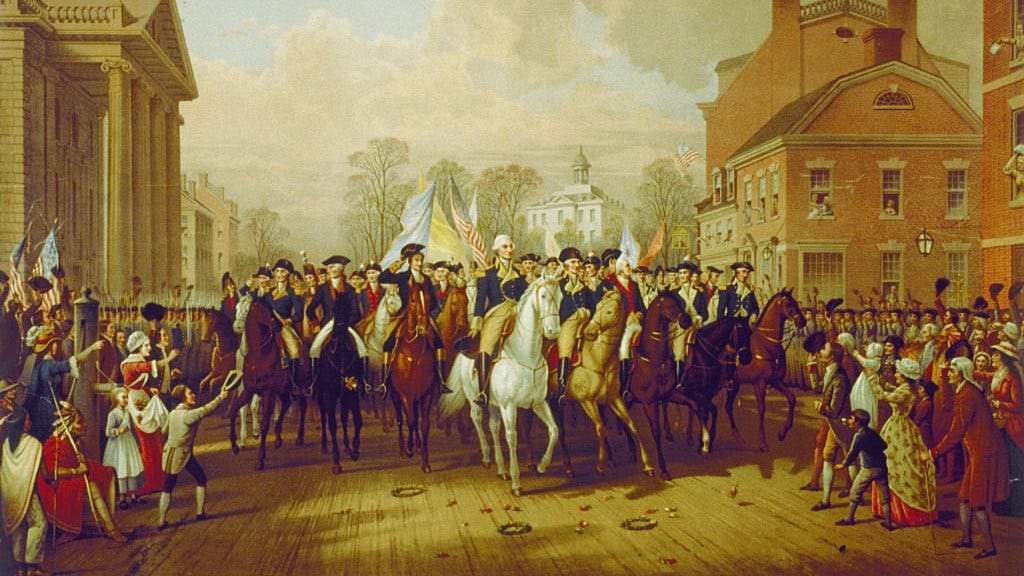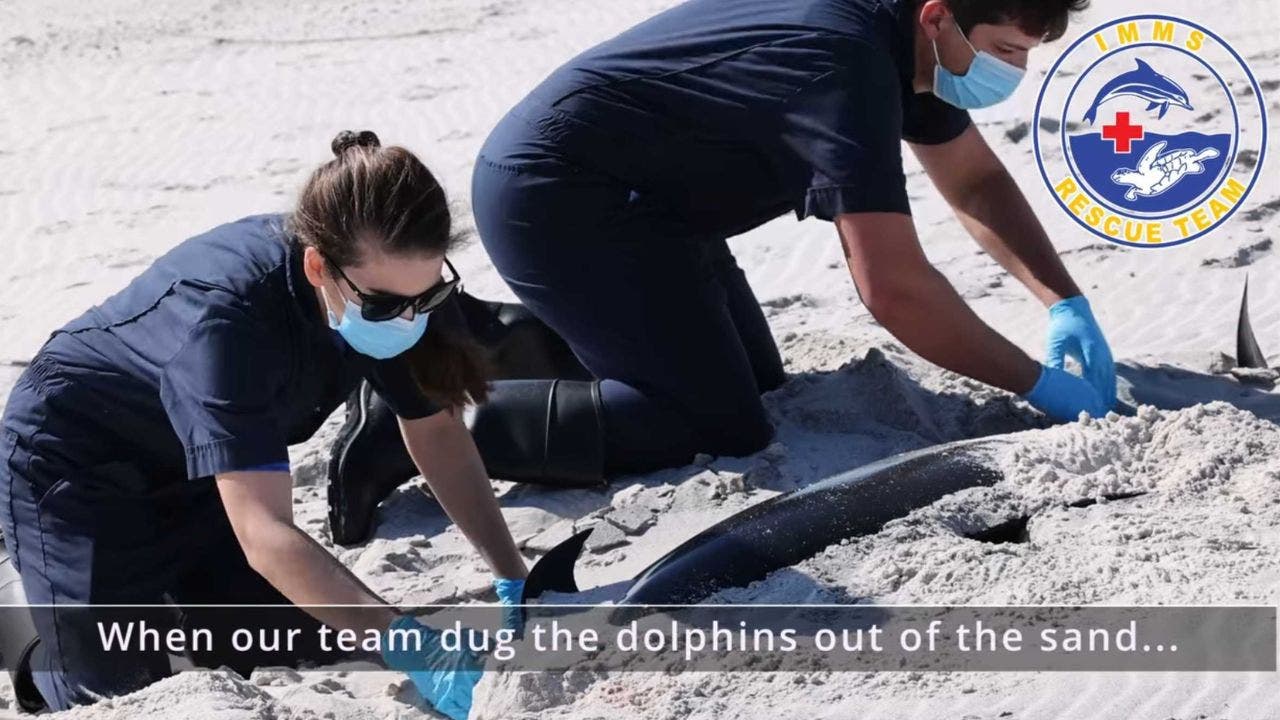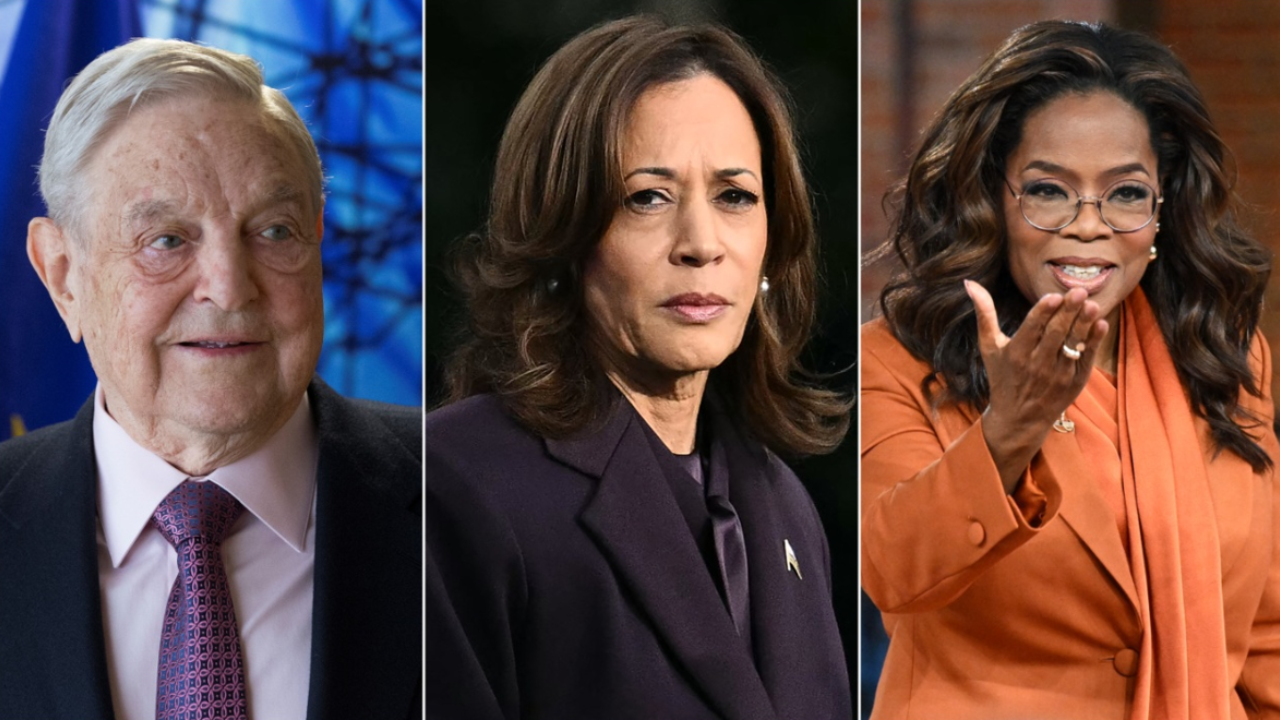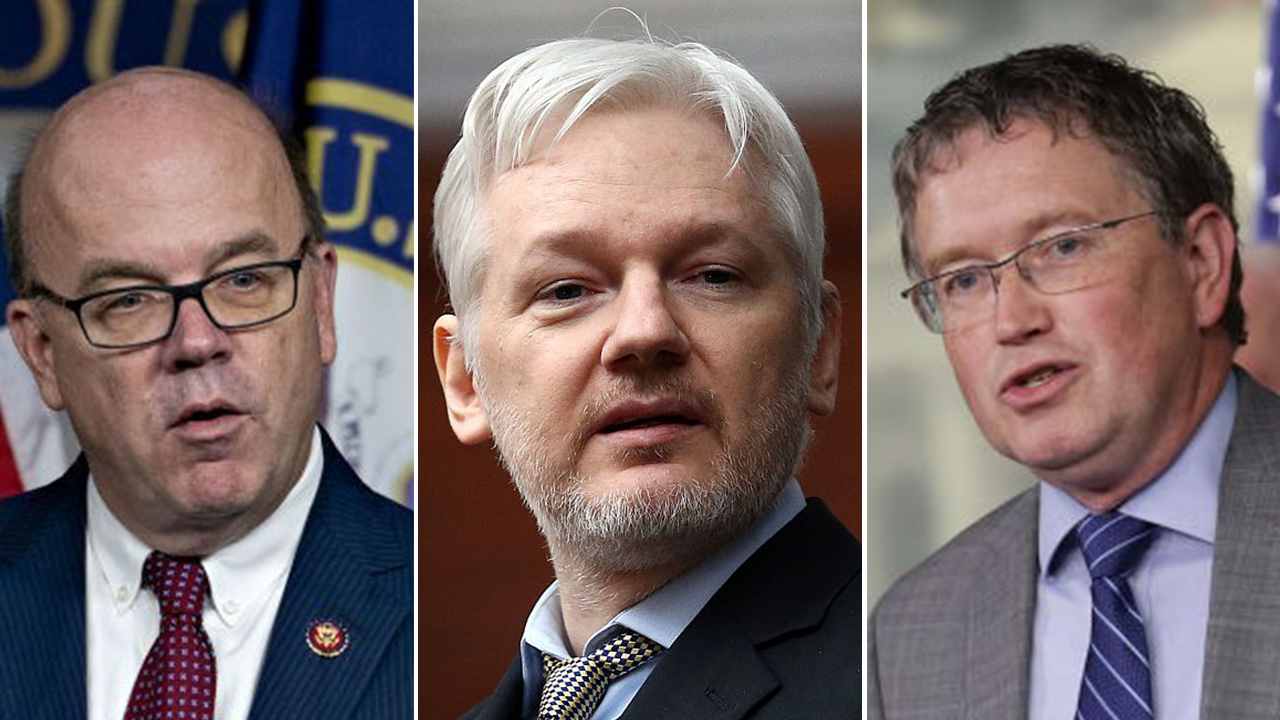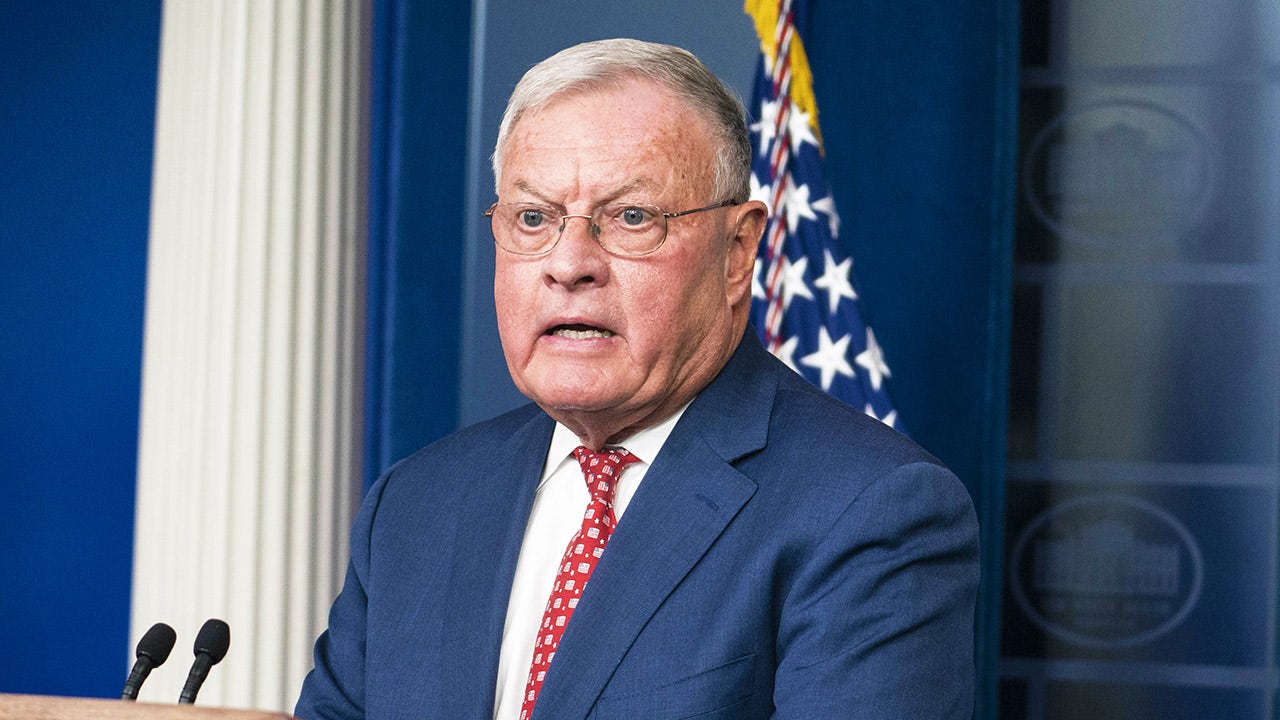Vice President Kamala Harris’ advisers whinged in an interview released Tuesday that they were “surprised” to see public polling showing her ahead of now-President-elect Donald Trump in September and October of the election — because internal campaign surveys were always showing her way behind.
“We were behind. I mean, I think it surprised people because there were these public polls that came out in late September, early October, showing us with leads that we never saw,” David Plouffe, Harris’ senior campaign adviser, revealed on “Pod Save America.”
Harris’ team grasped for many other reasons that the vice president lost to Trump on Election Day — and griped to Dan Pfeiffer, one of the former advisers to President Barack Obama hosting the podcast, about everything from polling, to ad spending to their media outreach strategy.
They admitted to having difficulty coming up with cohesive messaging, but said Harris stepped into the race just 107 days from Nov. 5 and had to climb out of the polling hole President Biden was in.
“It is easy to say with the kind of resources that we raised, we should have been able to do everything, but that’s not the case,” deputy campaign manager Quentin Fulks said defensively. “You have to make decisions in the time frame that we were in in this race.”
The campaign raised and spent more than $1.5 billion over that period — nearly as high as Biden’s all-time record of more than $1.6 billion shelled out on his 2020 run — but it was $20 million in debt after the election and had even left some vendors in the lurch.
Harris was also unable to sufficiently distance herself from Biden, 82, despite voter concerns.
“She felt like she was part of the administration. So why should she look back and pick out — cherry-pick some things that she would have done differently when she was part of it? And she also had tremendous loyalty to President Biden,” Harris adviser Stefanie Cutter said.
Harris had refused to completely divorce herself from Biden and his unpopular economic and border policies, saying on ABC’s “The View” that “nothing comes to mind” when asked how her administration would differ from her predecessor’s.
Cutter added, “Imagine if we said, ‘Well, we would have taken this approach on the border.’ Imagine the round of stories coming out after that of people saying, ‘Well, she never said that in a meeting,’ or ‘What meeting when she said this,’ or ‘I remember when she did that.’ And it was just, it wasn’t going to give us what we needed because it wouldn’t be a clean break.”
The Harris aides also agreed that the failed campaign showed the Democratic Party needs to revamp its strategy if it wants to win in 2028.
Plouffe offered that it’s “really hard for Democrats to win battleground states,” despite their party registering more voters than Republicans in four of the seven battleground states, while Fulks said bluntly that Democrats are just “losing the culture war.”
The party’s members are “eating” their “own” through the “woke” culture, while Republicans stand firm and don’t apologize, Fulks claimed, arguing that “until that stops, we’re not going to be able to address a lot of the things that just need to be said.”
A post-election survey by the Democratic firm Blueprint found the top three reasons Harris was defeated by Trump were rising inflation, too many migrants coming unchecked into the country and the veep’s hyperfixation on “cultural issues like transgender issues rather than helping the middle class.”
Asked during the campaign about her flip-flops after previously calling for bans on fracking and decriminalizing border crossings, among other left-wing priorities, Harris often responded: “My values haven’t changed.”
The Harris team did give Trump’s camp credit for high early voter turnout rates and an aggressive online strategy that reached voters on TikTok and through podcasts.
“The Republicans have a well-tuned, well-oiled, well-invested echo chamber that exists beyond where they’re campaigning. And it’s online. It reverberates through TikTok. It reverberates through the culture,” Fulks said.
Trump “certainly was able to tap into some cultural elements in ways that we couldn’t,” campaign manager Jen O’Malley Dillon groused.
“There were places that we knew we had support, that we desperately wanted to go and have conversation[s] that we thought would be interesting and relevant and fun, and we couldn’t get there.”
O’Malley Dillon didn’t reveal why Harris chose not to be interviewed on podcast king Joe Rogan’s show days before the election, where Trump racked up 20 million views in the first 20 hours and doubled that figure by Election Day.
“But we did get to a number of places that I think were really impactful for us hitting men, African American men, Latino men,” she added inaccurately, ignoring how the soon-to-be 47th president made historic inroads with those demographics as a Republican candidate.
O’Malley Dillon also claimed the race had been “really close” — despite Harris losing all seven of the critical swing states.
“So, we lost and that really sucks … obviously we believed that we could pull this off,” O’Malley Dillon acknowledged. “And that is something we all have to live with and we’ll have to live with for the next four years.”


